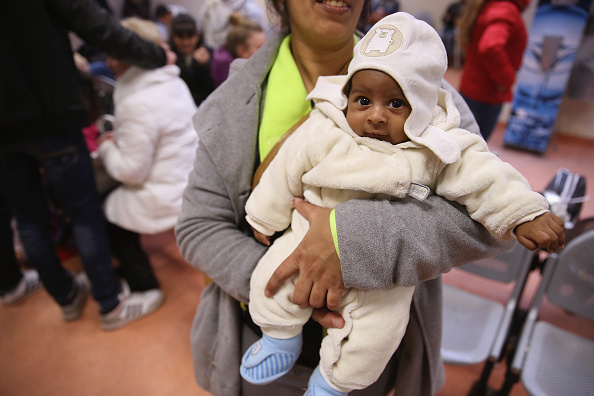
The body mass index (BMI) of an infant can be used to help predict if the child will be obese by age 4. This may make a baby's BMI a useful tool for identifying children who are at increased risk of being obese.
The usefulness of measuring the BMI of children under age 2 had never been studied before, nor is there a consensus on what constitutes obesity in a child that young. BMI is an approximation of the amount of body fat a person has since it is based on a person's height and weight. BMI increases after birth and reaches a peak usually between 8 and 9 months of age.
Researchers at the University of Pennsylvania and the Children's Hospital of Philadelphia collected health record information on 2,114 healthy, non-premature infants, 61% of whom were African-American. African-Americans as a group have higher rates of obesity and diabetes in adulthood. The babies had at least six BMI measurements done in their first 13 months of life, which showed the trajectory of their growth.
They found that there were growth trajectories that were significantly different between African-American babies and white babies. The peak BMI occurred about 12 days earlier in African-American babies and was about 3% higher.
But they also found that the BMI in infancy played a more important role than did ancestry when it came to determining the risk of childhood obesity. Another factor that plays a role in higher and earlier peak BMI is poverty.
Having a tool that could predict childhood obesity would be useful in creating early programs that would prevent the problem before it starts.
The study was published in the Journal of Clinical Endocrinology and Metabolism.
